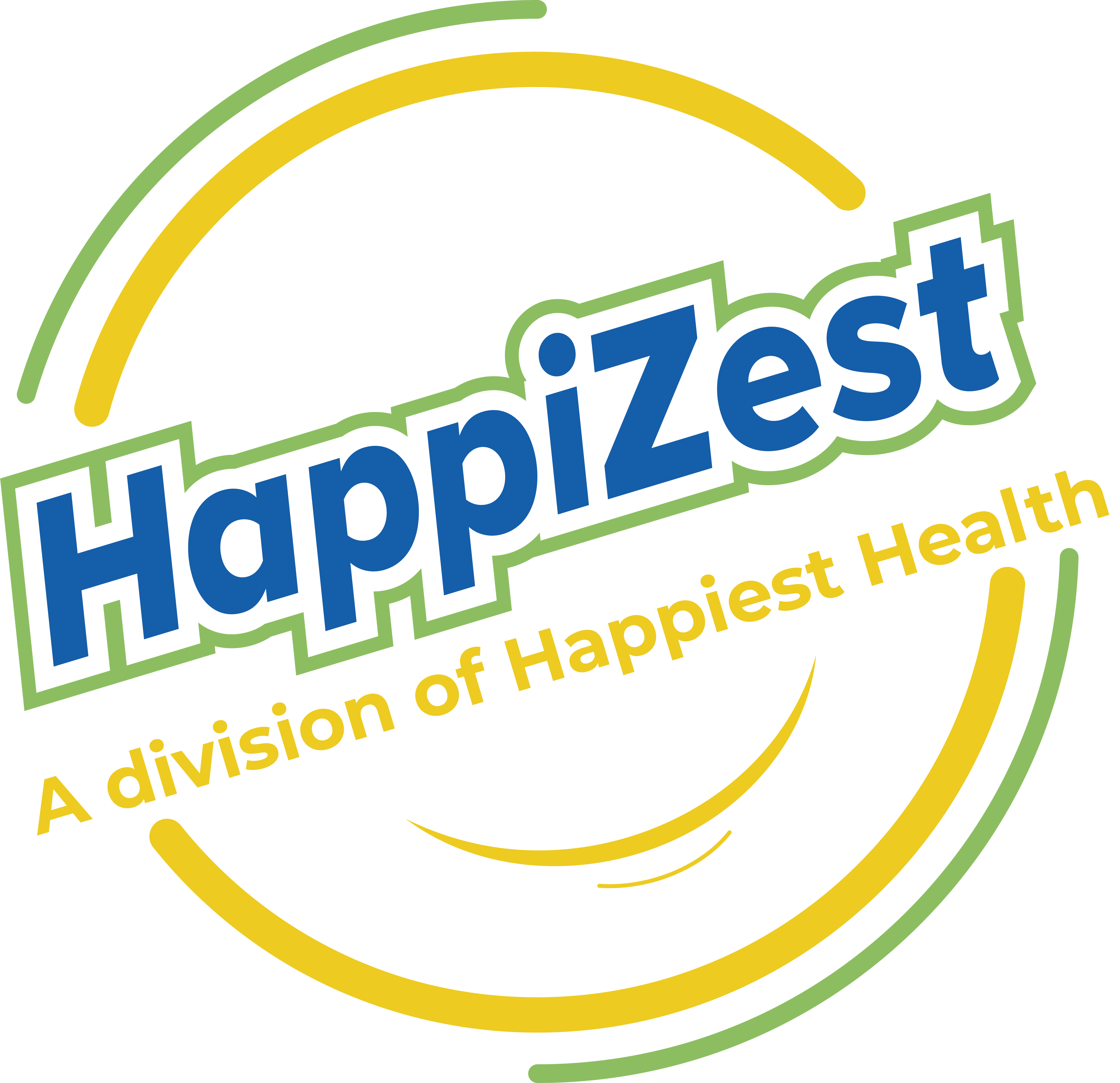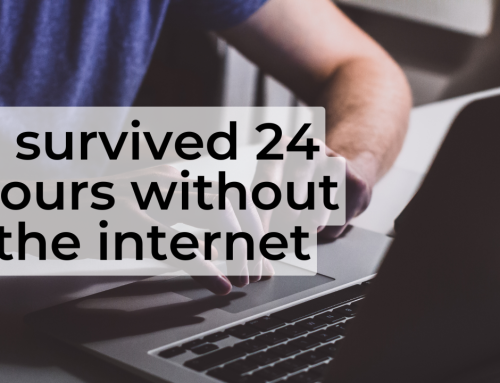Talking about mental health at work doesn’t have to be a difficult conversation.
In fact, opening up about your mental wellbeing can lead to stronger connections with your colleagues and a more supportive workplace. So how do you bring it up without it getting awkward?
Let’s break it down!
• Start with small steps
You don’t need to dive into deep conversations right off the bat. Start small. Mention that you’ve been feeling a bit stressed or overwhelmed lately. The key is to be genuine without putting too much pressure on yourself to say everything at once.
• Find the right time and person
Choose a time when you’re not rushed and a person you feel comfortable with, whether it’s your manager or a trusted colleague. Timing is everything – talk when you feel calm and not when stress is at its peak. Be clear about what you’re seeking, whether it’s more understanding, flexibility or just a listening ear.

• Be honest about how it’s affecting work
It’s helpful to link your mental health to your work performance. For example, you could say, “I’ve been feeling anxious lately and it’s been hard to concentrate”. This helps your employer or colleagues understand what’s going on without needing to know all the personal details.
• Bring up mental health even when you’re feeling good
Don’t wait until things are tough to start the conversation. Sometimes, talking about mental health when you’re in a good place can help build the habit of discussing it openly before it feels urgent.
• Normalize mental health check-ins
Normalize mental health conversations by casually asking, “How’s your stress level been?” instead of the usual “How are you?”. Leaders can set the tone by encouraging regular check-ins during one-on-one meetings or team discussions, making mental health a natural part of workplace culture.
• Don’t fear boundaries
Only share what you’re comfortable with. If someone asks for more than you’re willing to share, it’s okay to say, “I’d prefer to keep it general, but this is how it’s affecting my work”. Protect your emotional boundaries and share only what feels right for you.
• Have a go-to “buddy” at work
Find a mental health “buddy” in the office – someone you trust to talk to when things get tough. This doesn’t have to be an official title, but knowing you have a go-to person for emotional support makes the work environment feel safer and less isolated.

EAPs (Employee Assistance Programs) can help
If your workplace offers an Employee Assistance Program (EAP), you’ve got a powerful resource at your fingertips! These programs are designed to provide free and confidential support to employees facing personal or work-related challenges, including mental health concerns.
Here’s how EAPs can make a real difference in your mental wellbeing:
1. Access to professional counsellors
They provide an objective, third-person perspective that’s completely judgment-free, helping you work through challenges with a clear, unbiased view. It’s like having a fresh set of eyes to see the situation, giving you the clarity and support you need!
2. Confidentiality
Employees often hesitate to discuss their mental health due to fear of judgment or repercussions. EAPs address this by offering 100% confidential services, ensuring your conversations won’t be shared with your employer without your permission.
3. Practical help for workplace struggles
If work is a source of stress or burnout, EAP counsellors can help you build strategies to manage it. Whether it’s learning stress-reduction techniques, managing conflicts with a colleague or developing a better work-life balance, EAPs provide tailored advice to help you thrive in your professional environment.
Remember, the more we talk about it, the easier it becomes – and soon enough, discussing mental wellbeing will feel just as normal as chatting about weekend plans!





